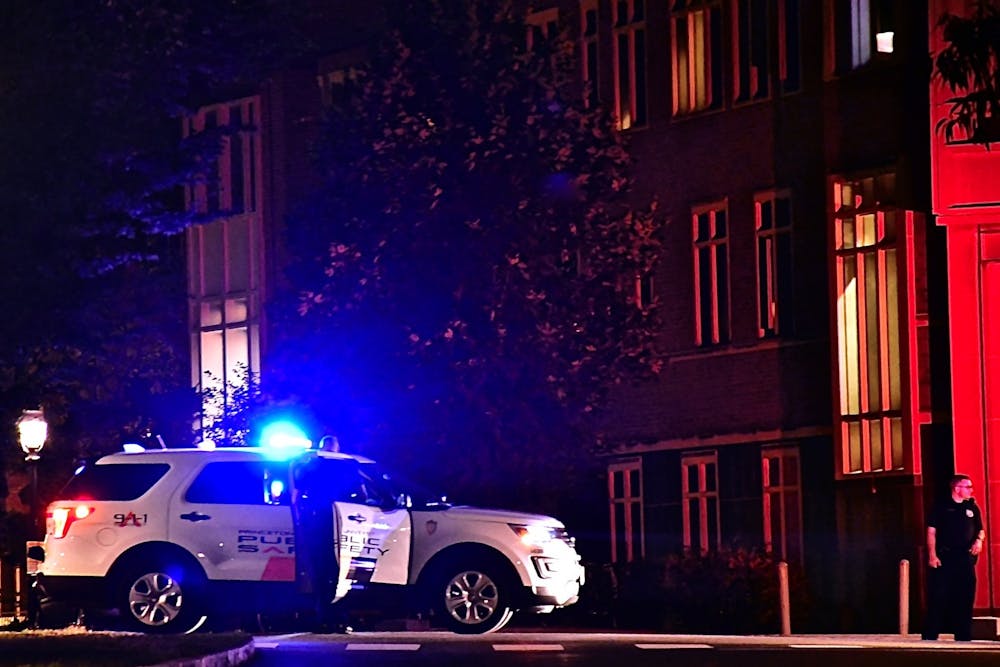Content Warning: This article discusses violence against women. For resources, visit Rape, Abuse & Incest National Network (RAINN), the largest anti-sexual violence organization.
“Text me when you get home!”
After every night out, or night in at a friend’s house, I always send this text to my girl friends. Women are taught to wear bright clothing, call a loved one on their walk home, and take well-lit paths as they venture home in the dark. But even when women do all “the right steps,” they can still be in danger.
The murder of Sarah Everard earlier this month in London shocked the world. She did everything right — she took the long route with well-lit streets, called her boyfriend when she left her location, wore shoes she could run in, and her life was still taken. Her murder has sparked protests across the world, a rallying cry for reforming language about sexual harassment toward women.
A recent U.N. study found that 97 percent of women in the U.K. aged 18-24 experience some form of sexual harassment. Something clearly needs to change.
In response to the “Reclaim these Streets” protests and Everard’s death, however, some have used the phrase “not all men” as a way to clarify that not all men harass or assault women. This slogan misses the point. The harsh reality is that nearly all women have had an experience with sexual harassment. Thus, this type of rhetoric downplays violence against women. Instead of using a slogan that deflects the problem, our primary focus should be changing the rhetoric toward the victims as well as amplifying women's voices.
Similarly problematic, some politicians in the U.K. have responded to Everard’s murder by calling for increased policing. This is also an ineffective way of addressing violence against women. A police officer has been charged for the murder of Sarah Everard. How could women feel safer with “undercover” police officers in place to protect women, especially after this case?
Some states, including New Jersey, are enacting mandatory body cameras for all law enforcement. This is a big step toward holding police accountable; yet, many women feel that police are a source of a trauma and danger. According to reporting by The Independent on the London Metropolitan Police Service, “Between the start of 2012 and 2 June 2018, a total of 562 officers were accused of sexual assault and only 43 faced subsequent proceedings.” These statistics are alarming and show exactly why many women do not believe that adding more police officers is an adequate solution.

Instead of adding more force, it would be more effective to change sex education starting from a young age so that we start to normalize more inclusive and empathetic language toward women and survivors.
This issue is especially relevant for Princeton students, given that approximately one in four women in college in the U.S. is sexually assaulted and that sworn PSAFE officers will now wear body cameras.
Princeton is a small, safe town, but that does not mean women have never felt uncomfortable walking home at night. Instead of relying on police officers to protect women from a night out, education surrounding sexual harassment should be a priority.
Though Princeton puts a huge emphasis on sexual assault and harassment language, many in the community still don’t respect the reasoning behind it, as ‘Prince’ Columnist Sally Jane Ruybalid highlighted in a recent column. Her experiences demonstrate the exact concerns that women face each day. Though universities do have mandatory sexual violence education, these statistics are not going away.

I want to propose that there should be more education around holding each other accountable — if we see or hear someone acting suspiciously, we should know how to respond. This will only be effective if we have proper education surrounding sexual harassment.
Knowing that some PSAFE officers will now wear body cameras is a sign of relief for some women but of fear and worry for others. In order to create a more inclusive campus life for women, we should hold our fellow classmates, regardless of gender, accountable with their rhetoric. Saying “not all men” in response to sexual harassment committed against women is not the right response — learning to correct this argument and be more empathetic toward women’s experiences will make Princeton a safer, more inclusive place. This Women’s History Month should not just be about celebrating how far we’ve come but a reminder about how much farther we must go.
Maisie McPherson is a sophomore from Dana Point, California. She can be reached at maisiem@princeton.edu.








